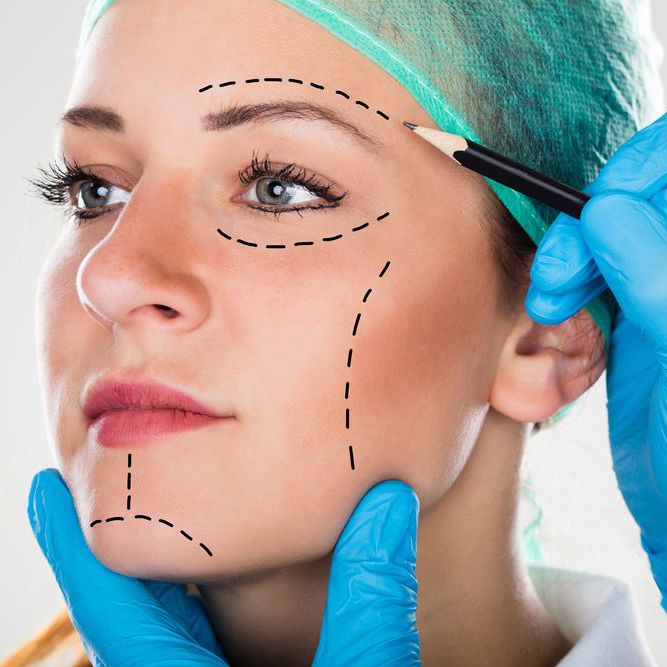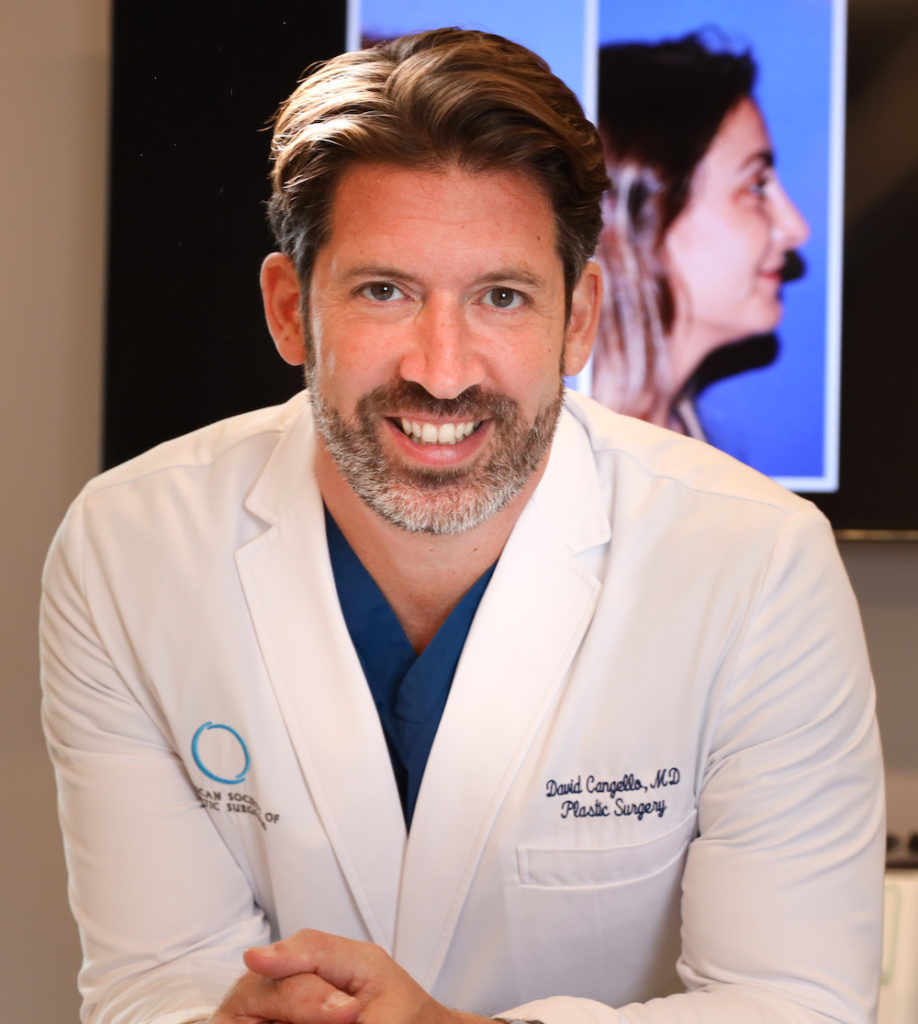Plastic Surgery Inland Empire: Trusted Professionals for Stunning Cosmetic Outcomes
Plastic Surgery Inland Empire: Trusted Professionals for Stunning Cosmetic Outcomes
Blog Article
Exploring the Emotional and Social Factors That Drive People to Take Into Consideration Cosmetic Surgical Procedure as a Way of Enhancement
The decision to pursue plastic surgery commonly expands past mere looks, linking with social and mental dynamics that warrant comprehensive evaluation. Factors such as self-worth, pervasive societal charm requirements, and the pervasive impact of social media sites merge to form individual motivations for medical improvement. As these influences become progressively prominent, comprehending the underlying emotional and cultural contexts is important. What continues to be to be discovered is the profound influence these aspects have not just on individual identity but also on more comprehensive societal standards and worths surrounding appeal and acceptance.
The Duty of Self-Esteem
Self-worth significantly affects an individual's decision to pursue cosmetic surgery. Individuals with reduced self-worth usually view themselves in an adverse light, leading to feelings of inadequacy concerning their physical appearance. This unfavorable self-perception can drive them to look for medical interventions as an approach of enhancing their self-image. The wish for enhancement in one's appearance is regularly linked to a belief that such changes will elevate their total self-regard and confidence.

Inevitably, the duty of self-confidence in the decision-making process regarding plastic surgery highlights the complex interplay in between body picture, individual satisfaction, and psychological wellness. Comprehending this relationship is important for health care professionals to ensure that people are making educated choices rooted in reasonable expectations and psychological well-being.
Social Elegance Specifications
Influenced by pervasive media representations and cultural narratives, social appeal standards play an important duty fit individuals' perceptions of their very own bodies. These criteria are often identified by an idealized kind of charm that highlights qualities such as youthfulness, proportion, and slimness. As these suitables are perpetuated with different channels, consisting of movie, television, and marketing, people regularly internalize these messages, bring about discontentment with their all-natural look.
The ramifications of these societal standards extend past visual choices; they can impact self-esteem, mental health and wellness, and social partnerships. Individuals who regard themselves as falling short of these standards might experience sensations of insufficiency, prompting a desire for plastic surgery as a way of attaining societal approval. This pursuit is usually sustained by the idea that adapting these perfects will boost not only physical appearance yet also social standing and personal satisfaction.

Influence of Social Network
The influence of social beauty requirements is more amplified by the rise of social media sites platforms, where curated pictures and idyllic depictions of elegance are common. Users are regularly revealed to filteringed system and modified pictures, which commonly depict unattainable physical qualities. This direct exposure cultivates a society of comparison, leading individuals to assess their own look versus these usually impractical standards.
Social media influencers and celebs regularly advertise cosmetic treatments, stabilizing the concept that surgical enhancements are a sensible ways for accomplishing societal ideals (plastic surgery rancho cucamonga). The presence of these enhancements can develop an assumption that going through cosmetic surgical procedure is a standard method, consequently influencing people to take into consideration similar treatments as a path to improved self-esteem and social approval
Additionally, the interactive nature of social media sites enables for immediate feedback with likes and comments, better strengthening the desire to adapt preferred appeal requirements. Such communications can worsen feelings of insufficiency and drive individuals towards cosmetic surgical procedure as a way of gaining recognition. Eventually, social media plays a crucial function fit understandings of charm, which significantly influences the decision-making processes bordering cosmetic surgical procedure.

Cultural Point Of Views on Appearance
Throughout different cultures, assumptions of appearance are deeply rooted in historic, social, and financial contexts, shaping people' sights on charm and worth. In several societies, appearance acts as a considerable pen of identification, affecting social status, specialist chances, and individual partnerships. For instance, in some societies, light skin is usually connected with wealth and opportunity, while others find this may glorify darker skin tones as icons of stamina and credibility.
Additionally, conventional beauty criteria are often perpetuated through social narratives, media depictions, and family affects, bring about differing perfects across different regions (plastic surgery rancho cucamonga). In Western societies, the focus on young people and physical fitness typically drives people toward cosmetic improvement, while in certain Eastern societies, even more refined changes straightened with conventional aesthetic appeals might be liked
Globalization and the spreading of electronic media have additionally complicated these dynamics, producing a hybridization of appeal ideals that transcends geographical limits. As people increasingly navigate these cultural stories, the stress to satisfy certain look criteria can result in the wish for cosmetic surgery, reflecting a complicated interaction of cultural worths and individual desires. Comprehending these social viewpoints is important in attending to the motivations behind plastic surgery factors to consider.
Psychological Impacts of Aesthetic Surgery
Several people seeking plastic surgery record experiencing profound psychological influences that can dramatically change their self-perception and emotional wellness - plastic surgery rancho cucamonga. The desire for physical improvement commonly comes from underlying issues such as reduced self-confidence, body dysmorphic problem, or social pressures regarding beauty standards. For some, the prompt post-operative stage can lead to a temporary increase in self-esteem and contentment with their appearance, fostering a feeling of empowerment
However, these positive sensations may not be sustaining. Research study indicates that while some individuals experience enhanced self-worth, others may encounter elevated anxiety or depression if their assumptions are not fulfilled. This inconsistency can develop from unrealistic ideals bolstered by media depiction and social stories surrounding appeal.
Additionally, the emotional ramifications of plastic surgery prolong past the individual. Relationships with family and buddies might be strained as social dynamics change, leading to sensations of seclusion or alienation. Ultimately, the emotional influences of plastic surgery are complex and complex, needing cautious factor to consider by both prospective people and healthcare carriers to guarantee educated decision-making and practical expectations.
Verdict
In conclusion, the decision to go after cosmetic surgical procedure is significantly affected by a mix of self-worth concerns, social beauty requirements, and social viewpoints on look. The prevalent reach of social media further worsens these stress, advertising impractical perfects that people usually make every effort to attain. Understanding these psychological and social elements is vital blog for addressing the motivations behind plastic surgery, highlighting the need for a more nuanced discussion bordering beauty and self-acceptance in contemporary society.
The choice to seek cosmetic surgical procedure usually extends past plain aesthetics, linking with emotional and social characteristics that warrant detailed assessment. Eventually, social media plays a critical role site web in shaping assumptions of elegance, which substantially affects the decision-making processes surrounding cosmetic surgery.
As people progressively navigate these cultural stories, the stress to adjust to certain appearance criteria can lead to the wish for cosmetic surgery, reflecting a complex interaction of individual ambitions and cultural values.In conclusion, the choice to pursue cosmetic surgical treatment is substantially influenced by a combination of self-esteem issues, societal charm standards, and cultural viewpoints on appearance. Understanding these social and psychological variables is crucial for addressing the motivations behind cosmetic surgical treatment, highlighting the requirement for a more nuanced conversation bordering beauty and self-acceptance in modern culture.
Report this page